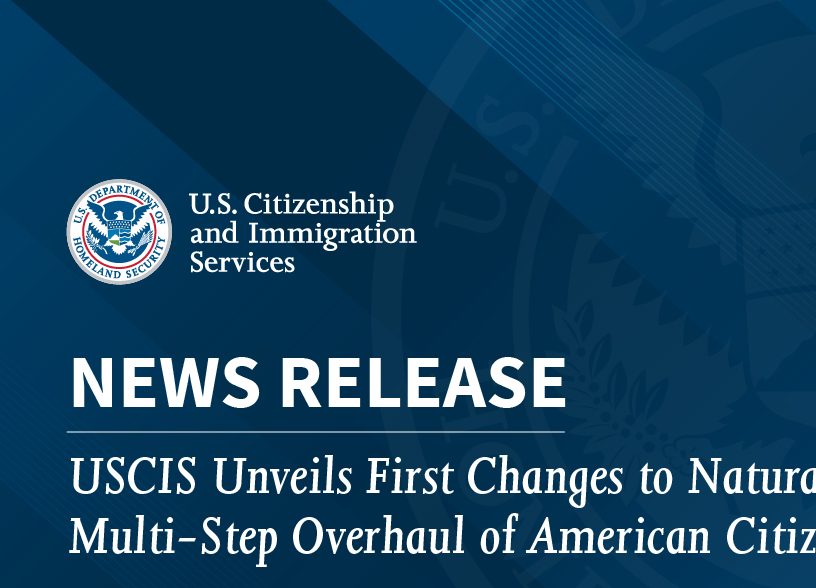The U.S. House Appropriations Committee recently added a provision to the Fiscal Year 2026 Commerce, Justice, Science, and Related Agencies Appropriations Act that seeks to reinstate the “China Initiative,” drawing concern from Asian American advocacy groups. On September 12, a coalition of 82 civil rights and Asian American organizations—including Asian Americans Advancing Justice (AAJC), the Asian American Scholar Forum (AASF), Stop AAPI Hate, and the Chinese American Citizens Alliance (CAA)—sent a joint letter to Congress voicing opposition.
The “China Initiative” was launched in 2018 by the Department of Justice (DOJ) to prevent economic espionage and technology transfer, with a focus on cases linked to China. Since its implementation, it has sparked controversy within academia and civil rights communities, as several cases lacked sufficient evidence, resulting in dismissals or acquittals of scholars. Critics argued that the program disproportionately targeted Asian—particularly Chinese American—researchers in the sciences. In 2022, the DOJ formally terminated the initiative, stating it would adopt broader strategies to address national security risks.
On September 10, the House Appropriations Committee passed the funding bill by a 34–28 vote. The committee’s report explicitly called for the DOJ to “rebuild the China Initiative,” framing it as part of efforts to counter China and maintain U.S. competitiveness. However, the measure must still go through Senate consideration and a full legislative process, leaving its future uncertain.
In the September 12 joint letter, the 82 organizations stressed that reviving the initiative would negatively impact Asian American communities and researchers of Asian descent working in the United States. The letter urged Congress to strike the provision, emphasizing that national security policy should not be based on race or nationality.
The coalition effort was spearheaded by AAJC, AASF, Stop AAPI Hate, and CAA, with participation from a wide range of civil rights groups, academic associations, and community organizations nationwide. Many groups noted that since the initiative’s repeal in 2022, U.S. policy has shifted toward broader oversight of transnational security and research collaborations. Reinstating the old framework, they warned, could create new tensions.
During its implementation, the “China Initiative” involved multiple cases against researchers, some of which were later dropped due to insufficient evidence. These cases stirred public debate at the time, with scholars voicing concerns over barriers to academic exchange and researchers becoming more cautious in international collaborations. When the DOJ announced the program’s termination, it acknowledged flaws in its execution and decided to discontinue pursuing cases under the “China Initiative” label.
The funding bill’s next steps depend on Senate review and bicameral negotiations over the final version. Observers predict that, amid ongoing U.S.-China tensions, debates in Congress over balancing national security with academic freedom will remain contentious.



